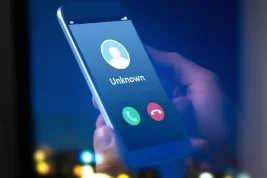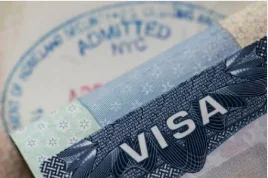Visa & Licensing Office
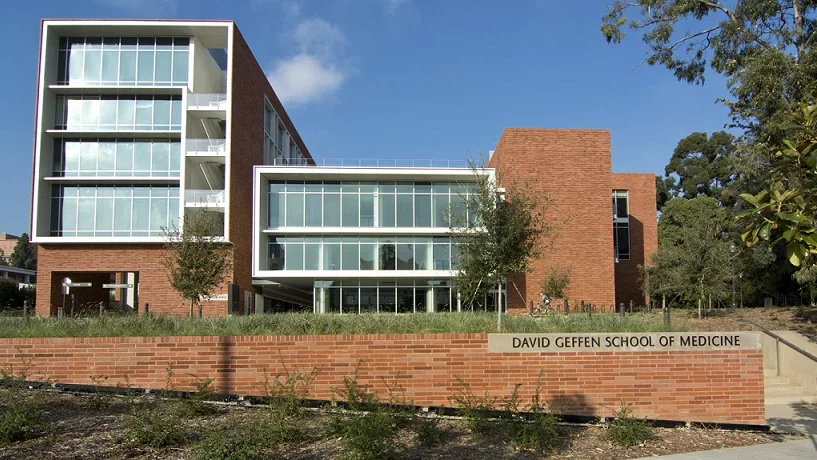
We provide support to the David Geffen School of Medicine administrators, faculty, staff, and members of the DGSOM at UCLA international community through immigration and special program advising, support, and advocacy.
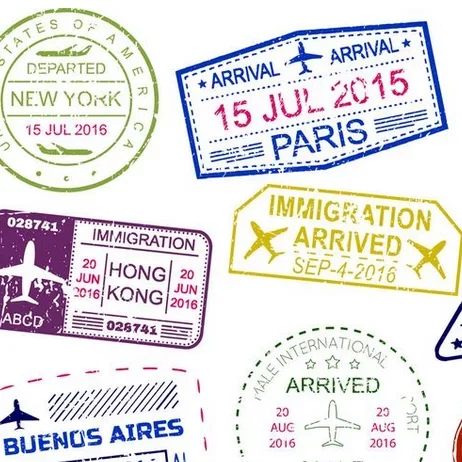
Visa Services
All non-immigrant visa holders who are in the United States are subject to frequently changing Department of State and United States Citizenship and Immigration Services (USCIS) regulations. These regulations can be complex and challenging at times. The DGSOM Visa and Licensing Office provides advice about these regulations to foreign nationals, faculty, and staff. There are also School of Medicine policies that may further restrict visa options. It is important to contact DGSOM Visa and Licensing Office when situation arise which involves visa status. Each individual has a unique set of circumstances, and our Office is designed to evaluate each case individually.
Licensing Services
The David Geffen School of Medicine welcomes international physicians, and the Visa and Licensing Office is here to assist in providing the Departments the necessary information and materials needed to apply for the Medical Board of California Special Programs.
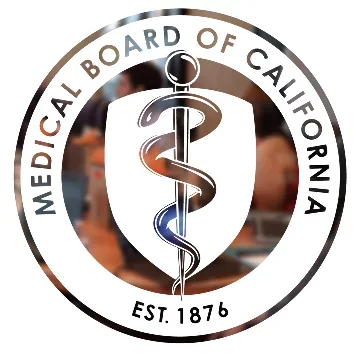
Exchange Visitor (J-1) Program
This section is designed for both DGSOM Departments and Affiliates, as well as prospective and current DGSOM J-1 Scholars.
Department Visa Coordinators
See list of useful resources and links for Department Coordinators who are submitting immigration and licensing request to the Visa and Licensing Office.
Contact Us
DGSOM Visa and Licensing Office is available to assist you.
MyBruin International Portal
Visit the portal for visa related documents and services
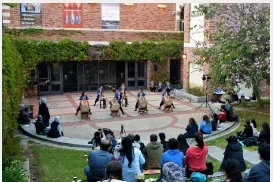
Programs and Events
Join one of the programs that serve the international community here at UCLA.
